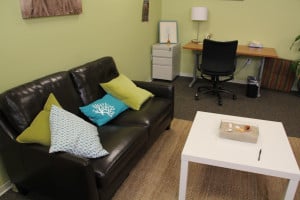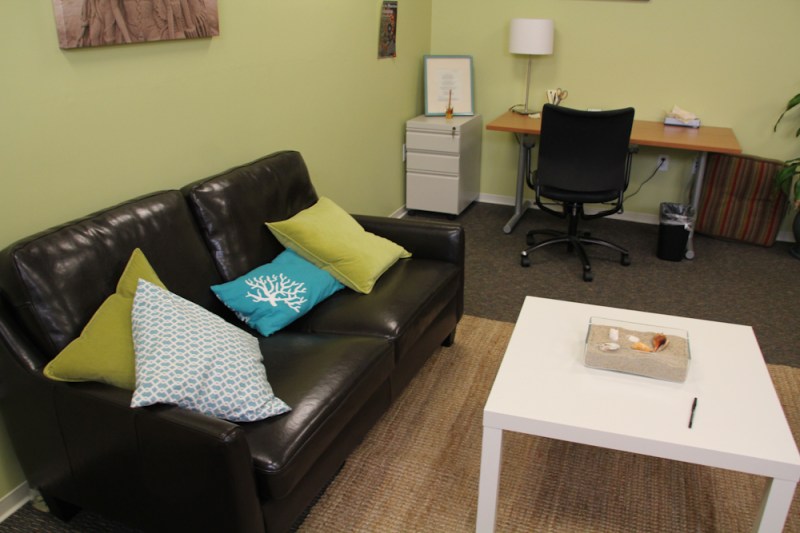In the two years since El Centro Chicano first began hosting clinical services provided by the Counseling and Psychological Services (CAPS), the initiative has received extensive student usage, according to students and administrators.

Alejandro Martinez, senior associate director for consultation and liaison at CAPS, said that students use up the eight hours of clinician services offered in the community center’s wellness room each week. Six of those hours are set aside for appointments, while two offer drop-in availability.
While El Centro Chicano and CAPS have had a long-standing relationship, the 2011 initiative to offer clinical consultations within the center reflected a desire to make mental health resources more accessible.
“We decided that a community-based approach for counseling would really work well for students that may have some apprehension about coming to our [medical] center,” Martinez said. “So rather than wait for them to come to us, we decided that it would be in the best interest of student’s mental health to be in places where they may be most comfortable.”
Cesar Torres ’13, marketing and publicity officer for El Centro Chicano, said that the center’s standing reputation among students for offering a variety of programs adds to the level of comfort cited by Martinez.
“Psychological health is oftentimes … a stigma within the community,” Torres said.
“A lot of people right now suffer from mental health issues and to have that support in the community structure that the center has makes it a valuable program,” he added.
Frances Morales, executive dean and director of El Centro Chicano, said that CAPS’ efforts to house clinical services at the center fit well with the center’s intent to better serve student needs.
“As we continued to ask ourselves what else can we provide for our students, mental health and wellness was an area that we wanted to focus on,” Morales said.
After initial brainstorming, the center decided to turn an old storage room — previously used by student groups like Ballet Folklorico for storing costumes — into the current wellness room.
Renovation of the room took place during the summer of 2011 in time for the clinical services to be offered that fall. Major work included painting the walls green — a color Martinez recommended for its calming effect.
According to Morales, El Centro Chicano student staff sent an email over the summer through the center’s mailing list asking students to submit pictures of beaches. Those now decorate the room in an effort to provide a relaxing atmosphere.
While CAPS currently collaborates with six other community centers to provide mental health support for students, only El Centro Chicano, the Asian American Activities Center and the Native American Cultural Center provide room for clinical counseling services.
“Space is at a premium at Stanford and the centers are very compact — they use their space efficiently,” Martinez said.
While the other three centers have expressed interest in further integration with CAPS, according to Martinez, they lack the required space.
“We have to be attentive to confidentiality and make sure that there is private space and that is not always available in each of the community centers,” Martinez said.
CAPS also provides other services to promote mental health and wellness in collaboration with ethnic communities.
“We also work with community center directors and staff on educational programs on mental health,” Martinez said.
In El Centro Chicano, workshops are held on a quarterly basis covering topics such as stress management and interpersonal relationships.
“It depends on the interest of our students,” Martinez said. “So if there is a student request to do this kind of workshop, we will organize it with them and do it the way they feel it’s going to work most effectively.”
According to Morales, students sometimes take advantage of the wellness room for personal matters.
Once in a while, if a student has suffered a loss in the family, they may want to share that with the other students in a private setting,” Morales said.
The room is also used for a number of other purposes, including office hours with Laura Dominguez Chan ’89, a student affairs officer from the Career Development Center.
